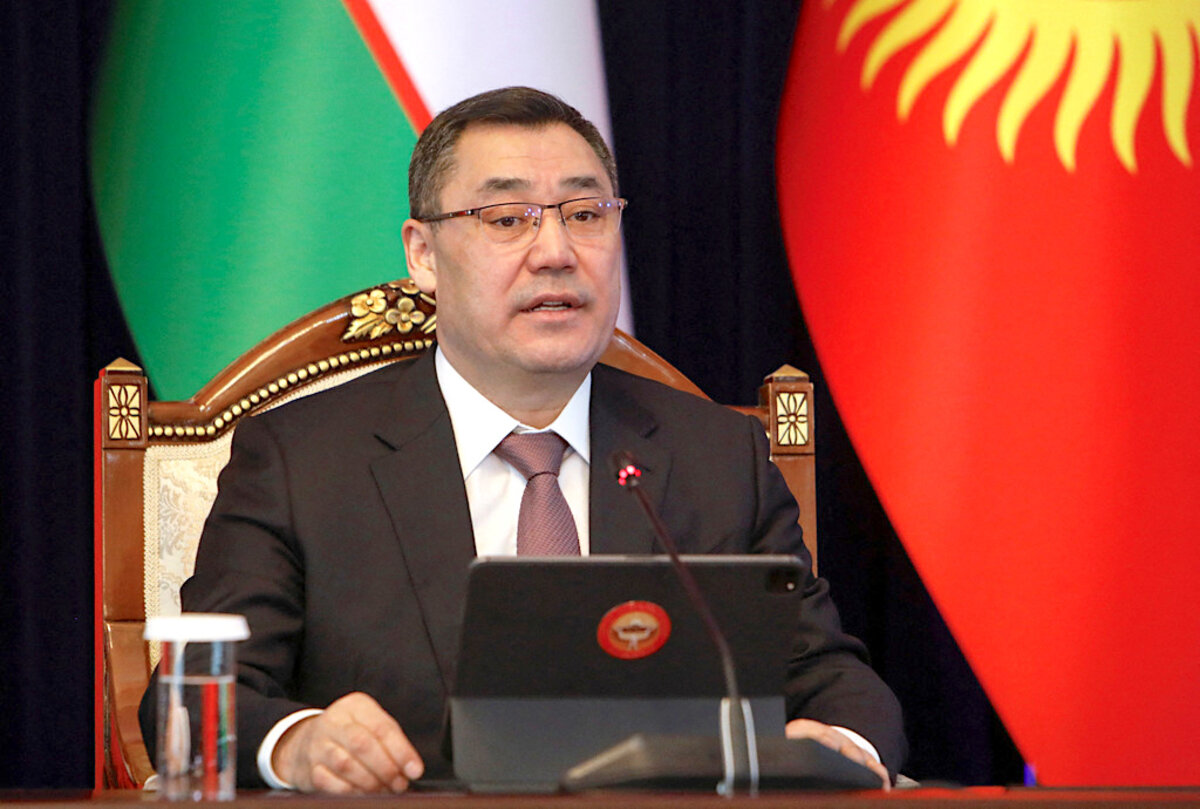Lori Lightfoot is the first pandemic-era mayor attempting to run for reelection in a major city. The campaign is a window into how Chicago has – and has not – rebounded from the COVID-19 crisis, with problems like crime now top of mind.
Monitor Daily Podcast
- Follow us:
- Apple Podcasts
- Spotify
- RSS Feed
- Download
 Ali Martin
Ali Martin
Chances are, you read your news on a digital device: a smartphone, tablet, or computer. You’re definitely reading this electronically. The Monitor’s daily print edition shifted entirely online in 2009 – the first nationally circulated newspaper to do so.
Fourteen years later, the digital transformation of news is in full effect. The number of online newsrooms across the United States hovers around 550, according to a 2022 report by Northwestern University. More than 60 were started in the three years before the report.
“This is a crossroads. No question,” says Margot Susca, an assistant professor of journalism, accountability, and democracy at American University in Washington.
But the expansion of digital doesn’t come close to replacing the loss of local newspapers. The Northwestern report averages closures at more than two a week; at least 2,500 newspapers have shuttered since 2005. Yet despite the rise in so-called news deserts – communities with limited or no access to local coverage – Dr. Susca is optimistic.
“What’s born from that crisis is innovation, opportunity, and a huge amount of work that’s being done across the country by foundations, scholars, and entrepreneurs that is very exciting right now,” she says.
Ken Doctor, a veteran journalist and news industry analyst, is one of those entrepreneurs. He started Lookout Santa Cruz, which recently marked two years in operation. In an interview with the Los Angeles Times, Mr. Doctor said he’s hopeful the startup will be profitable this year. So far, the traditional combination of subscriber fees and advertising has been bolstered by a significant amount of nonprofit seed funding.
“We know our model works, given sufficient time and money – the secret for all good start-ups,” he says in an email to the Monitor, referring to Lookout’s viability. “What’s most important going forward is community-based knowledge and relationships.”
Dr. Susca also puts community engagement at the heart of journalism’s new age. “We can’t have long-term a new system ... that is based on wealthy people,” she says, noting the investment model that she credits for the loss of local papers.
“What are community members willing to pay for?” she says. “That’s the key question moving ahead.”










